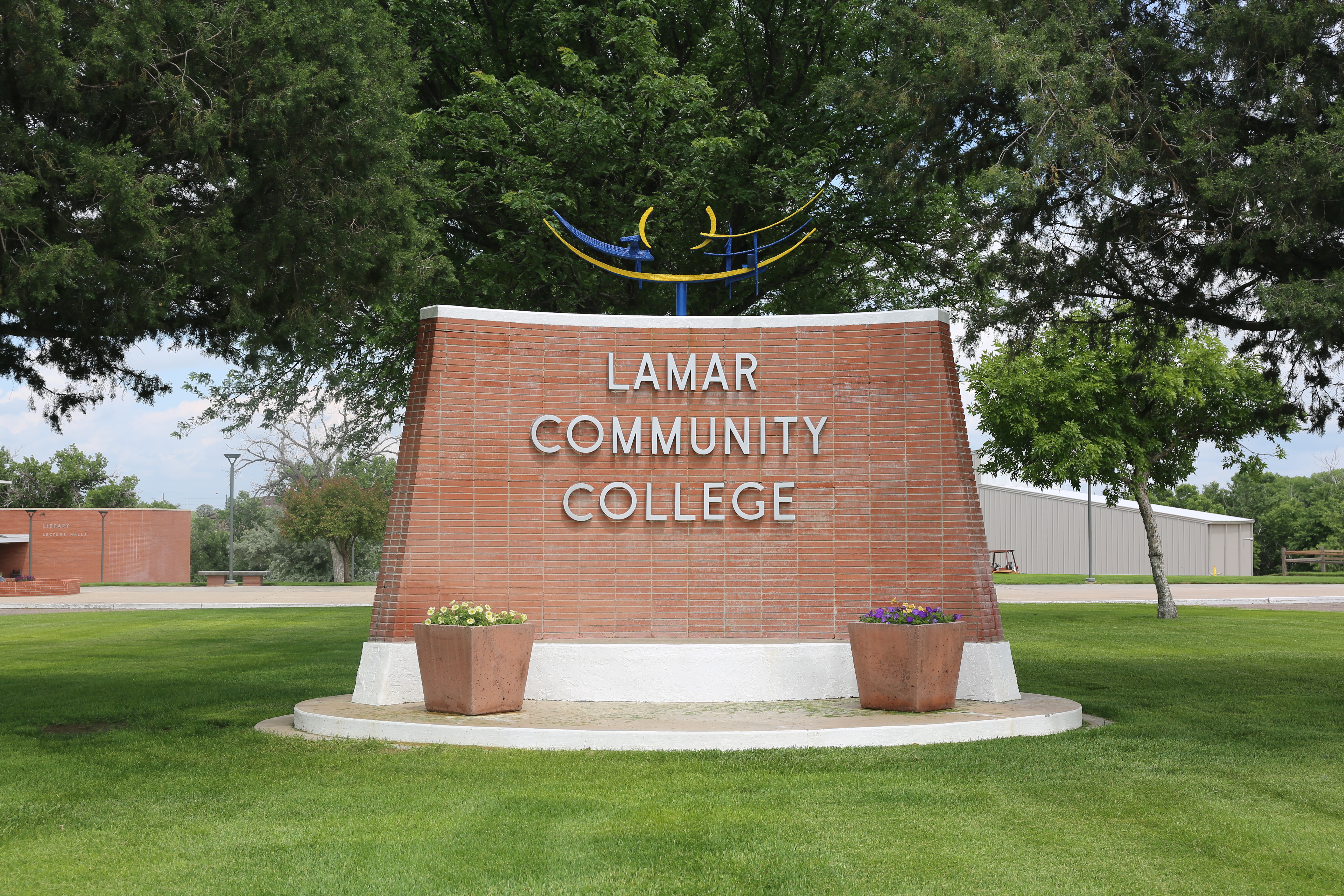By Dr. Linda Lujan, President, Lamar Community College
Being a college president anywhere right now is both challenging and exhilarating. Leading in times of a global pandemic, social and civil unrest, political divides, extreme weather and climate change, the Great Resignation, decreasing enrollments and shrinking financial support is something that requires presidents and their teams to think differently and more creatively than ever. For small rural colleges with limited staffing and resources, it’s even more challenging. Colleges need good leaders who understand how to navigate during these times and I am excited to see so many new presidents stepping up to the challenge.
Now in my 39th year in community colleges, and my 13th year as a college president, I am still an unapologetic community college advocate through and through. Part of that bias may be my own experience as an adult re-entry, first-generation community college student at Arapahoe Community College in Littleton, Colorado many years ago, but it may be as much from my years of seeing how we transform lives and communities through our work. America’s community colleges are a national treasure.
I’ve been president at a very large suburban community college in Arizona and am currently president at Lamar Community College, a very small rural residential community college in Colorado. Now that I’ve experienced both, I know for me rural is the place to be. I would advise presidential hopefuls not to ignore rural leadership jobs and not to view them as “just a stepping stone to a bigger college.” Being a rural president is the most engaging, challenging and rewarding leadership opportunity I’ve ever experienced in my long career in higher education and I hope future presidents take a good look at rural presidencies because I believe they are the best job anywhere.
Rural colleges are connected to their communities in ways a large urban or suburban college could never be. Yes, we help our students succeed, and that’s vitally important no matter your college’s size. However, rural college presidents also know our colleges are absolutely essential to the academic, economic and social wellbeing of our communities far more so than urban or suburban colleges. If our colleges didn’t exist, not only would our local students have limited access to postsecondary education, but our communities would be profoundly and negatively affected.
As rural presidents we find ourselves engaging in local discussions, decisions and actions that have far-reaching and positive impacts on not only students but on the cities, towns and people in our regions. I believe our visible and vocal leadership and advocacy for our colleges and communities is one of the best parts of a rural president’s job. When I was president at a large suburban college, I was engaged in the same work, but I never saw or felt the impact the way I do now.
Many Hats
Rural presidencies also are interesting jobs because the size, scope and scale of our colleges is such that the president is as likely to be pitching in to set up chairs for an event as she is presenting an update to city council. Rural college employees, even presidents, wear many hats and there is never a day we are not trying to figure out how to stretch resources (human and fiscal) just a little further. It’s a roll-up-your-sleeves, get ’er done kind of leadership, which suits my style quite well. Today’s presidents have to be innovative and creative, but I would suggest the challenges can be greater in a rural college where it is typical to have major departments comprised of just one or two people. This makes keeping operations going, especially during employee illness, transitions or vacancies even more difficult.
To find some balance and support I’ve found creative solutions by using a marketing service agency as well as contracting services with sister colleges for institutional research and back-end registration processing.
I also feel fortunate to be part of the Colorado Community College System (CCCS) led by Chancellor Joe Garcia. Our system of 13 colleges is very collaborative.
It values and supports the rural CCCS colleges across our state. Without additional financial support along with legal, financial aid, IT and other system services augmenting our local work we simply would not have the resources to operate as well as we do. Additionally, our system is in the midst of building both an online consortium (Colorado Online) and a Rural College Consortium (RCC) to share courses, programs, staffing and services.
For my small college, those partnerships will help us better serve students and communities while leveraging always-scarce resources. I appreciate how much my CCCS urban and suburban counterparts support and champion their rural colleagues and colleges.
They say it’s lonely at the top and I know every president will agree it’s true. I would go further and say it’s even more lonely to be a rural president because no matter how much our urban and suburban colleagues try to understand the unique challenges of rural presidents, until you’ve lived the experience it’s hard to understand the issues. That’s why I so greatly value the friendship and leadership of current and former rural presidents. Our collective wisdom and experience in leading our colleges provides a rich source of knowledge and support. If you’re a newer president, rural or not, please build your network of fellow presidents right away. It’s going to be one of your most important resources.
Rural America is vital to our country’s future, and our colleges play an essential role in supporting the success of our rural communities. This is important work. I continue to encourage future leaders to view rural presidencies as a remarkable opportunity to learn, lead, make a difference, and contribute to the academic, economic, and social wellbeing of our rural communities and country. These are tremendously rewarding jobs, if you have what it takes. Being a rural president is the best leadership role I’ve ever experienced— as challenging as any presidency, but infinitely more rewarding.


